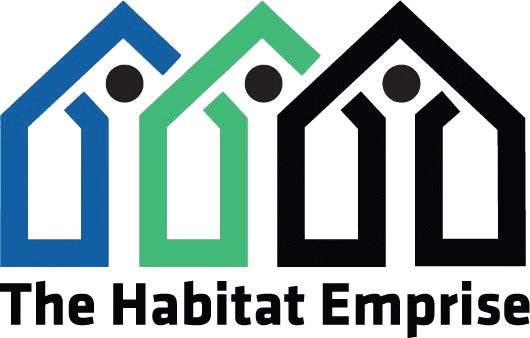THE addresses the urgent need for effective and sustainable policy frameworks in the face of rapid urbanization and climate change. We collaborate with government agencies at the national and local levels, international organizations, and research institutes to bridge the gap between global sustainability practices and local implementation. Recognizing the specific challenges faced by diverse regions within India and other developing countries, THE specializes in crafting policies that are not only environmentally sound but also economically viable and socially equitable.
Policy Development

One of the key problems we address is the lack of contextualized policies. Too often, policies developed at a global level fail to account for the unique social, economic, and environmental conditions prevalent in specific regions. THE tackles this challenge by conducting thorough research, engaging with local communities, and working closely with government agencies to understand the specific needs and priorities of each region. We then leverage our expertise to adapt global frameworks, such as the Sustainable Development Goals (SDGs), to the regional context, ensuring that policies are relevant, practical, and effective.
Another significant challenge is the difficulty in engaging stakeholders and building consensus around sustainable development agendas. Many stakeholders may have competing interests, and it can be difficult to find common ground. THE overcomes this obstacle by facilitating inclusive and participatory processes. We bring together representatives from government, industry, civil society, and local communities to engage in constructive dialogue and identify solutions that meet the needs of all parties. Through this collaborative approach, we build trust, foster understanding, and ensure that policies are widely accepted and effectively implemented.
Furthermore, THE recognizes the limited capacity for evidence-based policymaking and impact assessment in many developing countries. Too often, policies are based on assumptions and anecdotal evidence rather than rigorous data and analysis. THE addresses this challenge by conducting thorough research, collecting and analysing data, and developing robust models to assess the potential impacts of different policy options. We then work closely with policymakers to communicate our findings in a clear and concise manner, ensuring that decisions are informed by the best available evidence.
THE’s unique value proposition lies in our ability to combine global expertise with local knowledge, our commitment to stakeholder engagement, and our focus on evidence-based policy making. By working collaboratively with our partners, we create policy frameworks that are not only sustainable but also practical, implementable, and effective in achieving their intended goals. We empower stakeholders with cutting-edge sustainability strategies, policy advocacy, and capacity-building initiatives. THE’s transformation of the built environment will lead to sustainable and resilient growth.
